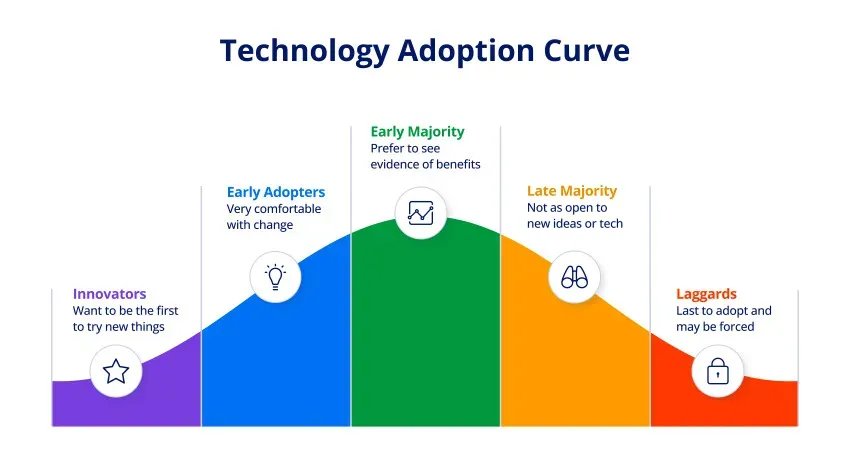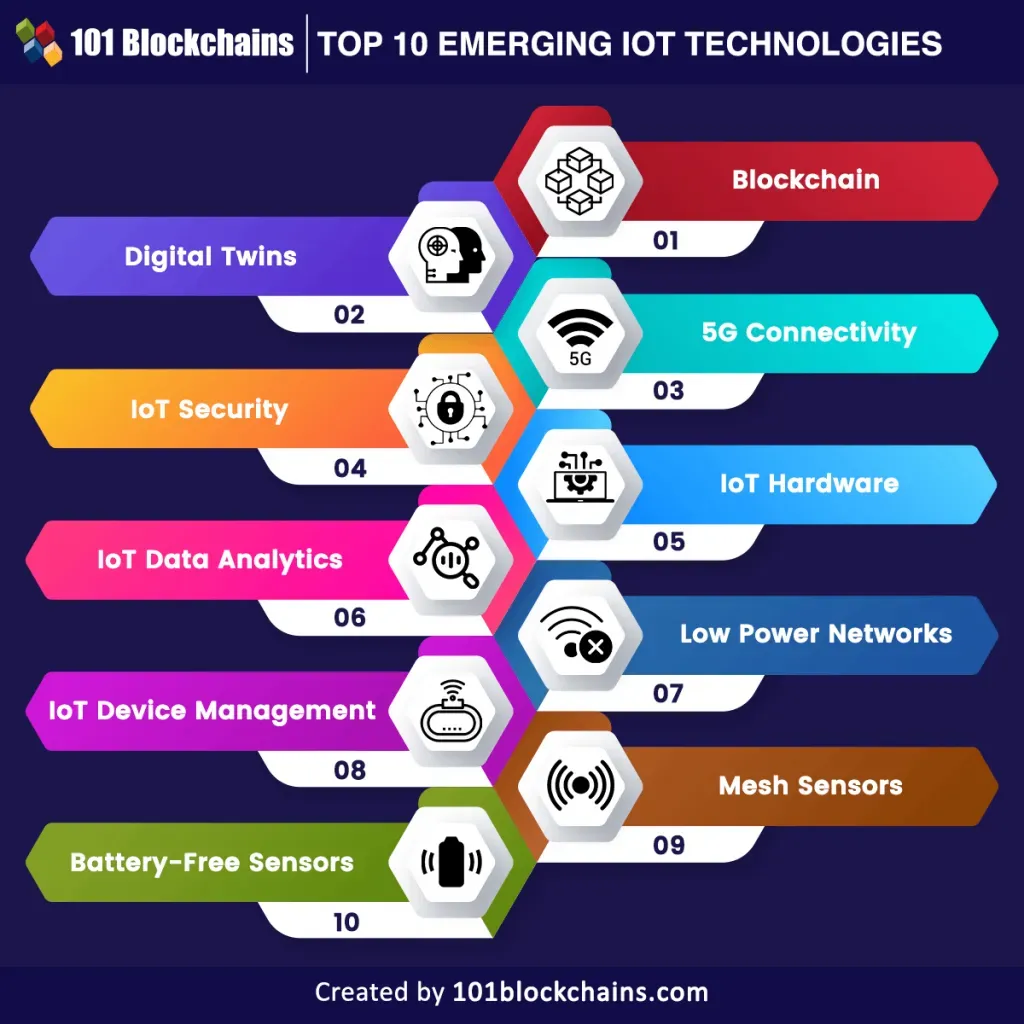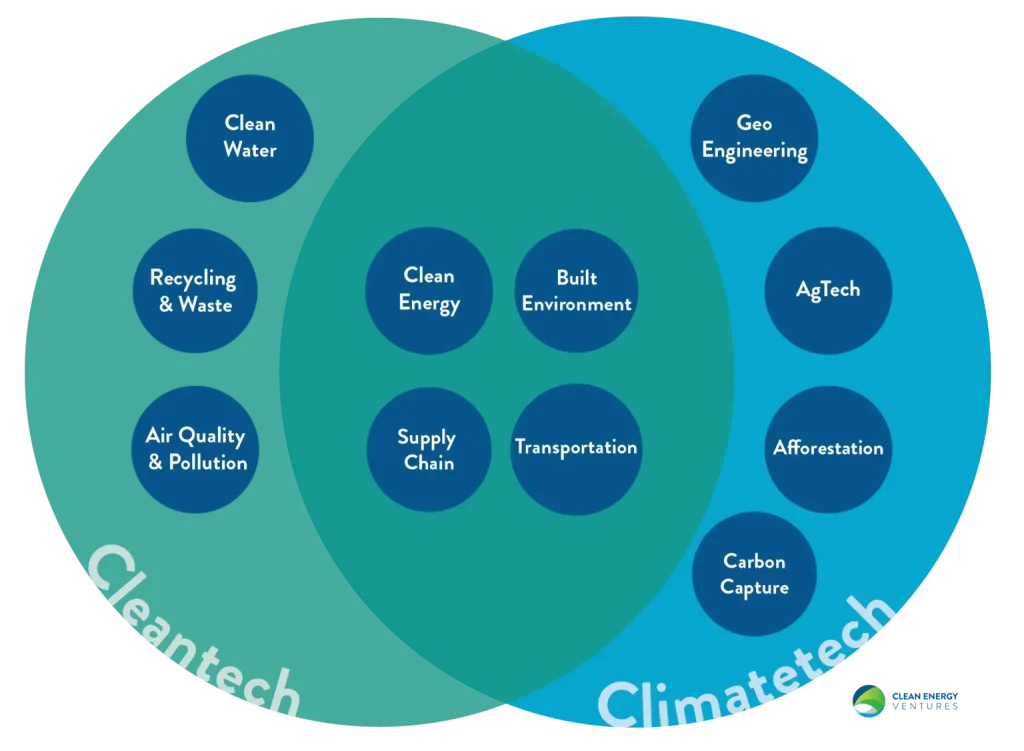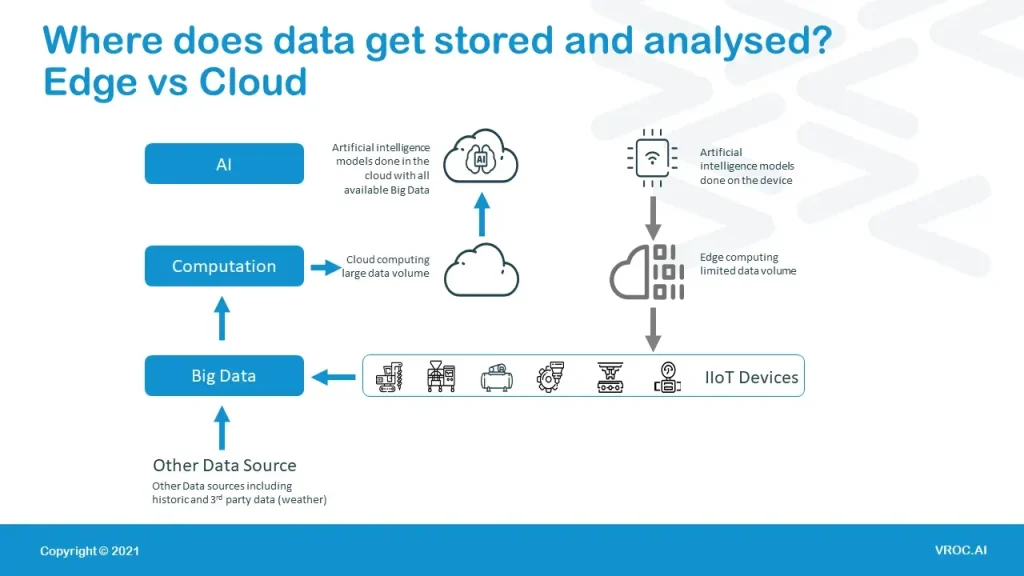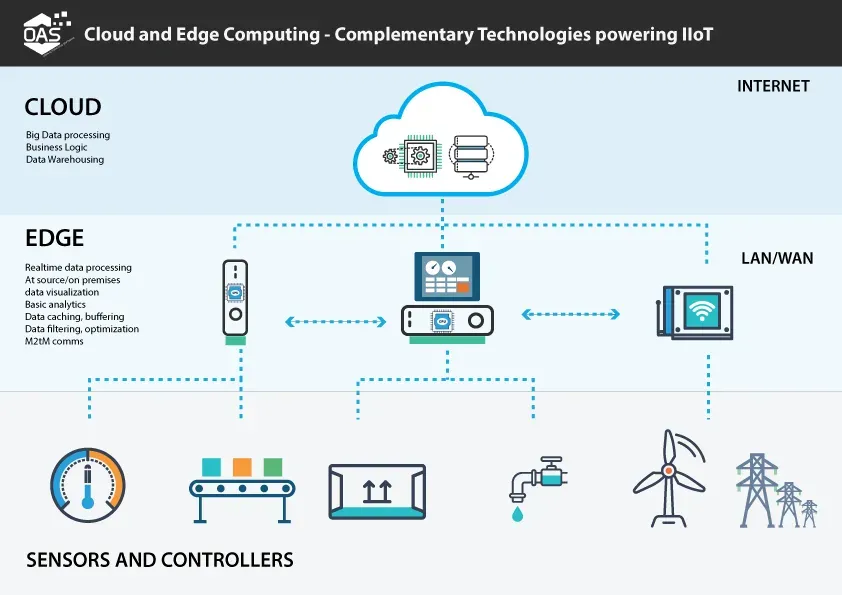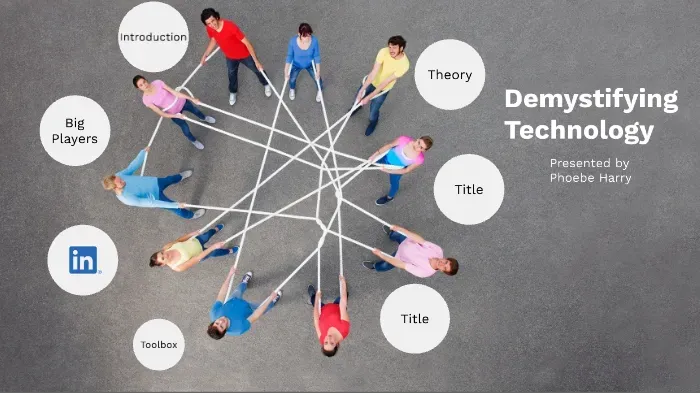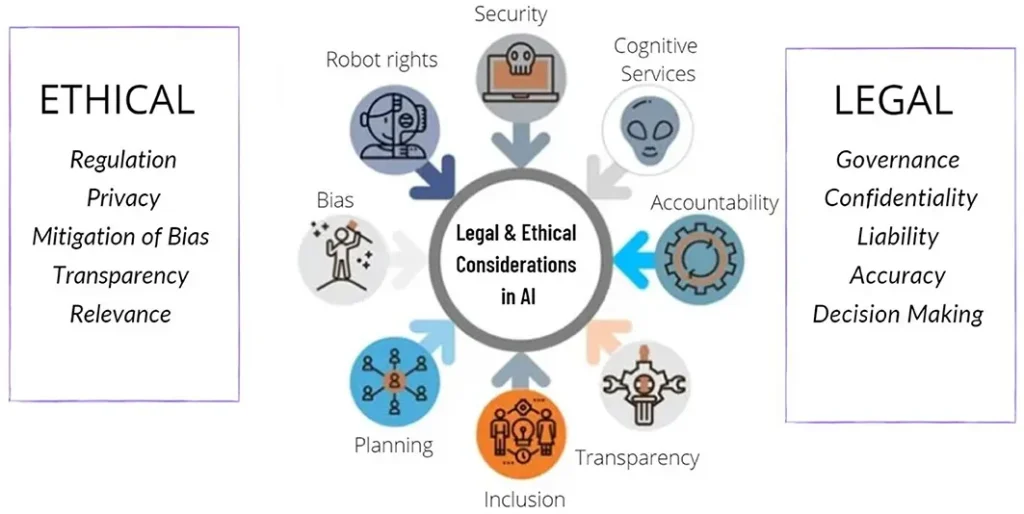Adopting new technologies in your team: Ultimate checklist
Adopting new technologies in your team isn’t just about choosing the latest tools; it’s about reshaping how work gets done, who uses what, and how quickly value is realized in daily operations.Without a clear plan, teams risk overwhelming people, duplicating effort, or missing strategic goals that matter to customers and the organization as a whole.
Adopting new technologies in your team: Ultimate checklist Read More »

